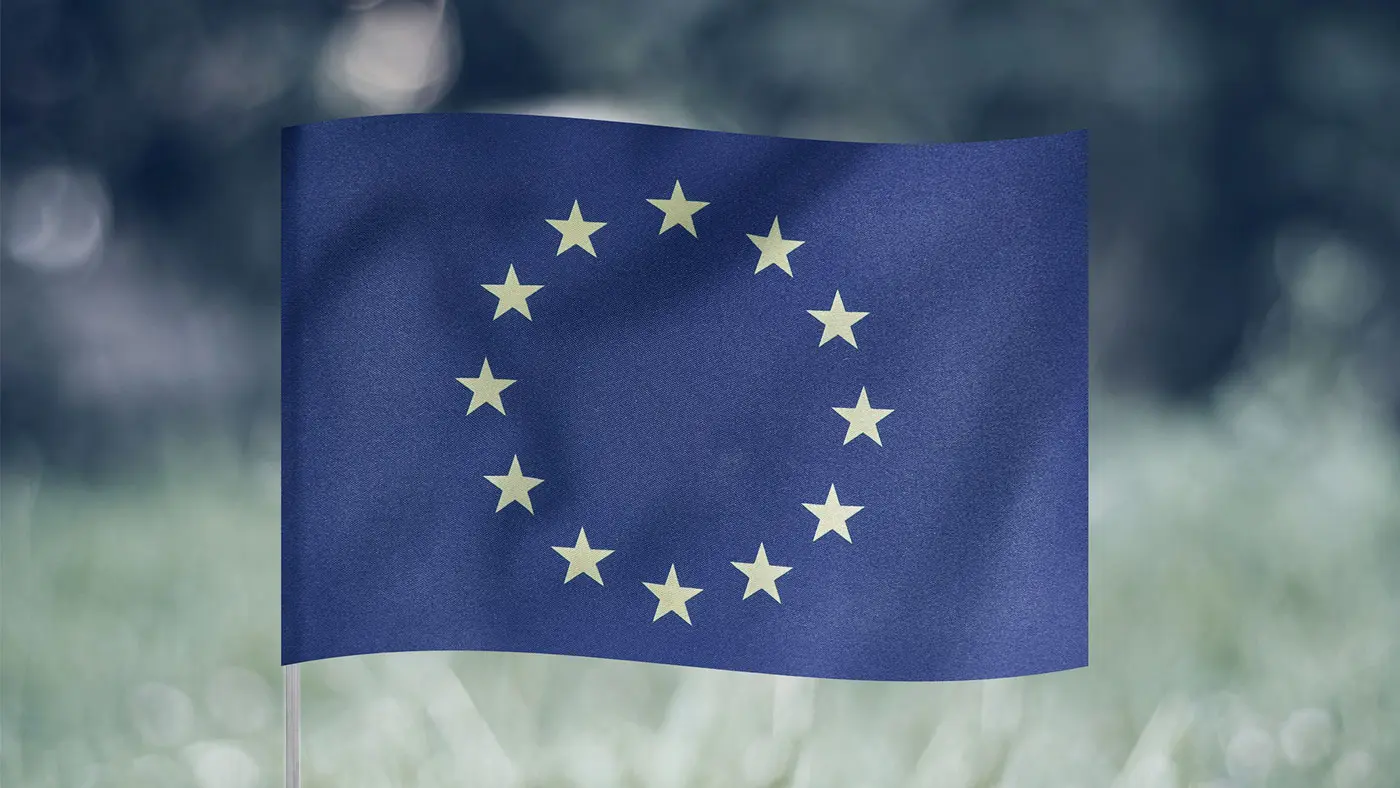
European Accessibility Act – Towards a More Accessible Europe
Companies must fully implement The European Accessibility Act’s requirements by 28.6.2025. Read this blog to summarise everything you need to know.
The European Accessibility Act is EU’s legislation that entered into force in 2019. It sets requirements for the accessibility of products and services. Companies must fully implement the requirements of the directive by 28.6.2025.
The aim of the European Accessibility Act is to clarify and harmonise the accessibility requirements for products and services. At the same time, the directive ensures that people with disabilities can participate fully in society. But what does the directive mean in practice, how will it affect all of us – and businesses in particular?
Read this blog to summarise everything you need to know about the directive. Contact us and we will help you meet your requirements!
Why Is the European Accessibility Act Important?
Accessibility is much more than access to the physical environment. It means that products and services are designed to be accessible to everyone – whether they are elderly or people with reduced mobility or other special needs. The EU directive aims to remove barriers and establish uniform standards for all Member States.
The demand for accessible products and services is constantly growing. The ageing population and technological advances make accessibility more important than ever.
Main objectives of the directive
- Uniform accessibility requirements
Products and services, such as computer hardware, payment systems, websites, public transport systems and electronic communications services, shall be designed in such a way that they are accessible to all users. - Economic equality
Harmonising requirements will remove barriers in the internal market and encourage businesses to innovate. At the same time, micro and small enterprises will be supported so that they do not face excessive additional costs. - Promoting the rights of persons with disabilities
The directive supports the implementation of the UN Convention on the Rights of Persons with Disabilities, in which accessibility is a key principle.
How Will the Directive Be Implemented?
European Accessibility Act requires that products and services falling within its scope comply with certain functional accessibility requirements by 28.6.2025. If your business does not respond, you will not be allowed to place your products and services on the market in the EU after the deadline.
Conformity can be demonstrated with the CE marking and the EU declaration of conformity. National authorities monitor the market and ensure compliance.
However, exemptions have been granted to micro-enterprises in order to keep the regulatory burden reasonable. It is the duty of EU Member States to provide such companies with guidance and tools to help them meet the requirements.
Benefits for Businesses
EU directive 2019/882 is not only regulation, but also an opportunity for companies to:
- Wider market opportunities
Harmonised standards will facilitate the provision of accessible products and services across the EU. This opens up new customer segments, such as the ageing population and people with disabilities, who have significant purchasing power. - Competitive advantage through innovation
Accessibility requirements encourage companies to develop new solutions and service models. Accessibility innovations may also be in demand outside the EU. - Improved company reputation
Companies that invest in accessibility communicate strongly about their responsibility and commitment to societal values. This can attract new customers and partners. - Long-term cost reduction
Addressing accessibility from the outset reduces the need for costly adjustments or repairs later. This saves time and money. - Working together to seize opportunities
The directive will provide support in particular to micro-enterprises with limited resources. Businesses can benefit from training and resources provided by EU and national authorities.
Benefits for Society
For people with disabilities, the directive opens up new opportunities for a more independent and inclusive life. Harmonised standards mean that products and services are available throughout the EU.
For society as a whole, accessibility brings wider benefits, such as better functioning public services and innovative solutions that serve everyone.
Accessibility Benefits Everyone – We Are Here to Help You!
EU directive 2019/882 is much more than a regulatory measure – it is a step towards an equal and inclusive Europe. Accessibility is no longer just an objective, but an obligation that benefits individuals, businesses and society as a whole.
Is your organisation ready to seize the opportunities offered by accessibility? Now is the time to ensure that your products and services are truly accessible to everyone – while building a more sustainable future.
Contact
Kosti Niemelä, kosti.niemela@huld.io, +358 40 766 0654